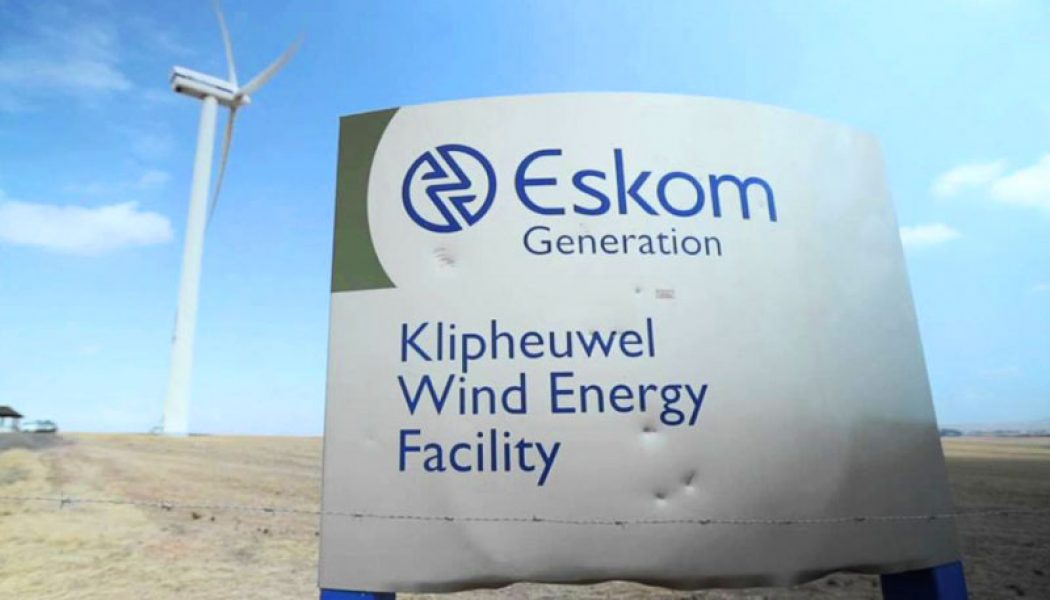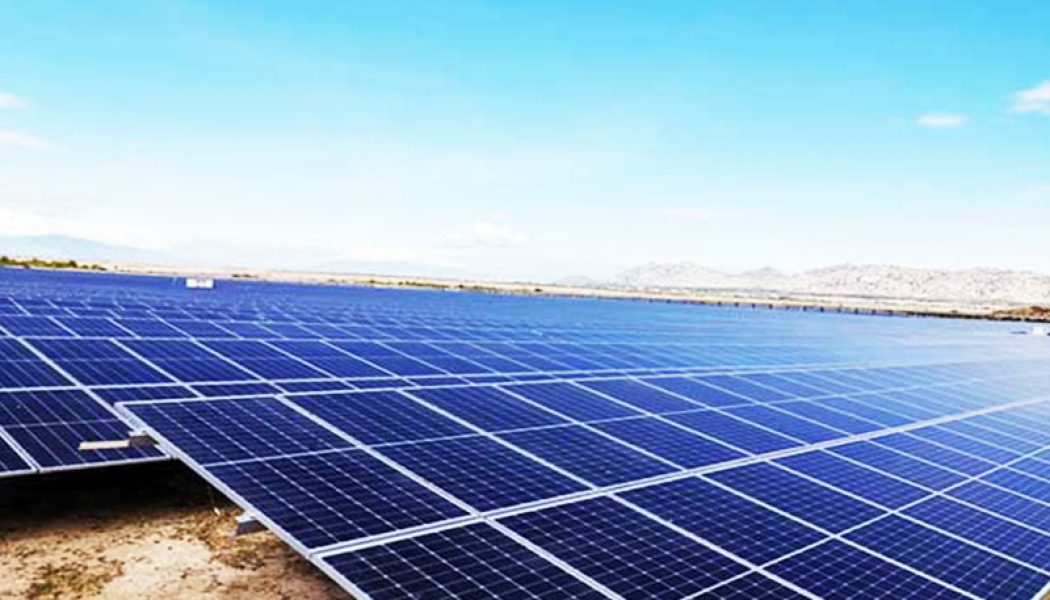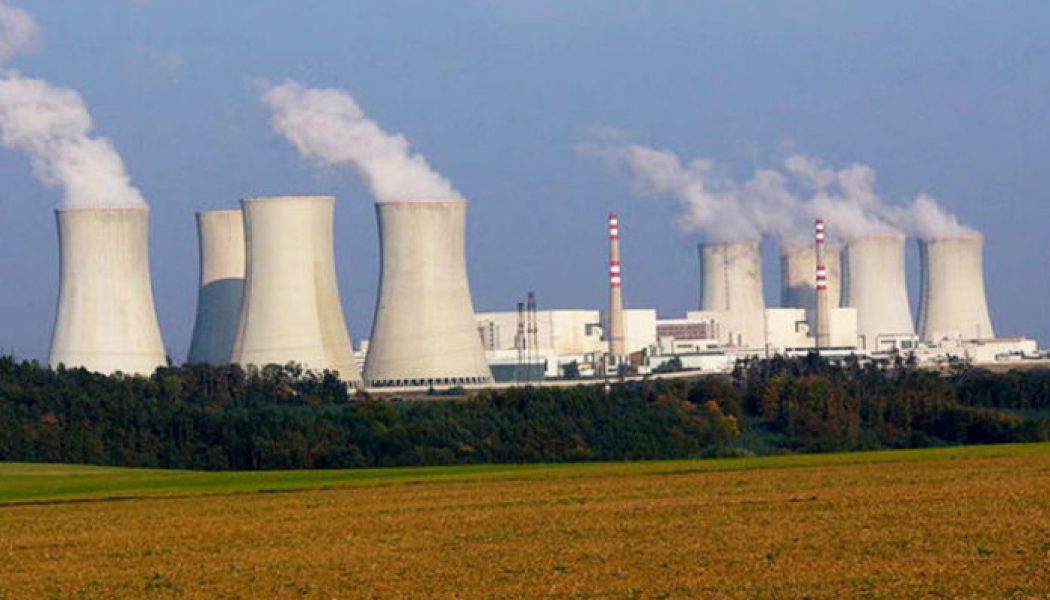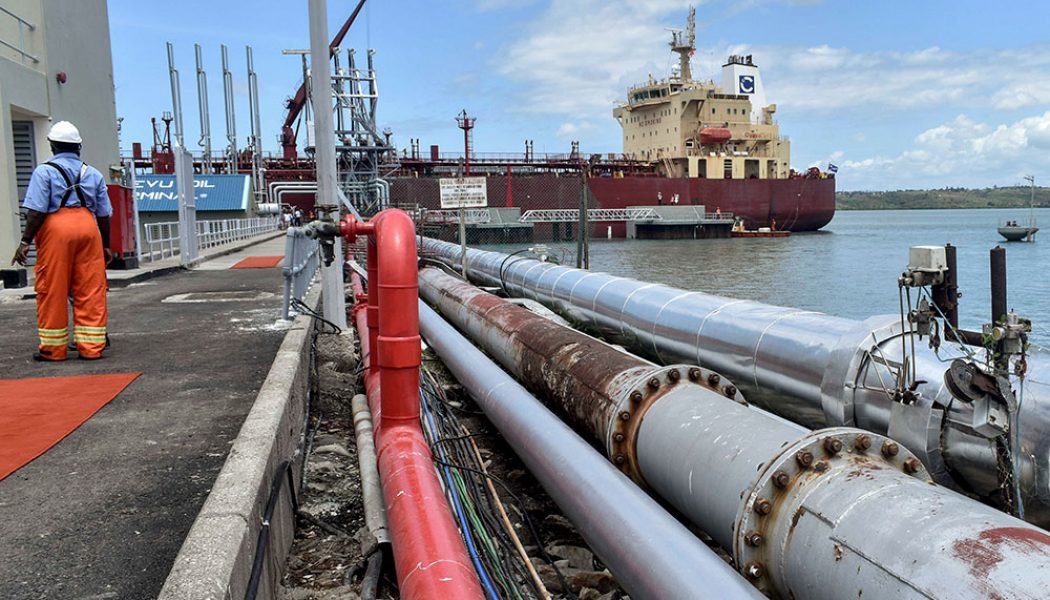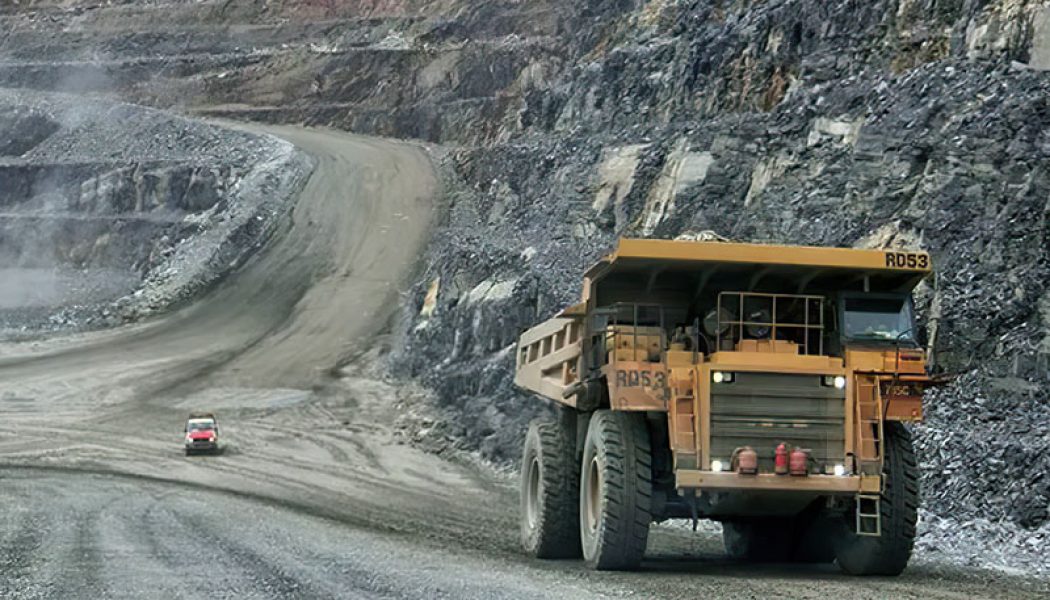Mining&Energy
Indebted Eskom Turns to Sukuk Market for Funding
Sourced from REVE South Africa’s embattled national power utility Eskom has new plans to issue a $58 million (R1 billion) sukuk bond in a bid to diversify funding sources as borrowing costs rise. According to spokesperson Sikonathi Mantshantsha, Eskom has appointed a new lead arranger “to work towards establishing timelines for the issue.” The power utility currently has over R450 billion in debt and has yet to announce further plans to ask the South African governments for additional capital injections. What is a sukuk? According to IOL, a sukuk is a Shariah-compliant investment and an attractive alternative to conventional bonds. For all intents and purposes a sukuk – Arabic for ‘investment certificate’ – is issued for the purpose of raising money for utilisation within a corporation or ...
Angola Committed to Meeting Energy Objectives Amid Worldwide Pandemic
Sourced from Saur Energy. Africa Oil & Power, the African Energy Chamber and the U.S-Angola Chamber of Commerce presented the webinar: Powering Forward – The Pathway to Grid Stability, Increased Capacity and a Diversified Angolan Economy, on Thursday. This webinar addressed how Angola can continue to prioritize its development of national transmission and distribution capacities in the long-term, with a view toward increasing electrification, job creation and economic growth. Panellists included Maria da Cruz, President & CEO of the U.S-Angola Chamber of Commerce, Paul Ghiotto, Energy Officer, Political-Economic Section, U.S. Embassy Luanda and Frederico Martins Correia, Energy, Resources & Industrials Partner, Deloitte. Powering Forward: The Pathway to Grid Stability, Increase...
How Tech is Changing the Mining Industry’s Future
Sourced from Mining Weekly. The mining industry across the globe is currently undergoing a technological paradigm shift. Mines of the future will require advanced technologies and mining operators are all set to embrace the new digital technologies to gain a competitive advantage. For centuries, mining has provided us with the raw materials that have enabled us to develop our economies and build communities. Mining as an industry has been maturing over the last few decades on the back of an ever-increasing demand for resources on one side, and a need for sustainability on the other. Even though there have been challenges in the South African mining industry for several years, it still employs nearly 5% of South Africa’s employed workforce, makes a significant direct contribution to GDP, si...
Energy Storage Technology Could Put an End to Africa’s Blackouts
Sourced from The Times UK. A shift from Africa’s traditional approach to power generation is needed to unleash the continent’s clean energy potential and secure an African future free from blackouts. A strategy centred around energy storage and flexible power systems will be the key to guaranteeing the reliability of a high-renewable grid, while also lowering the cost of electricity for Africans. As Africa’s economies and populations steadily grow, so too does the demand for reliable electricity. Simply put, new power plants need to be built, and the reliability of electrical systems needs to be vastly improved. But here is the challenge: How can African countries build an electrical system that can both integrate a large amount of inexpensive but intermittent renewable energy, while at th...
Energy Leaders Give Insight on the Future of Kenya’s Oil and Gas Transition
Sourced from Construction Review Online. Kenya’s oil and gas industry is in a state of transition, as its major oil and gas development — Blocks 10BB and 13T in Turkana — has been put on hold, with Tullow Oil submitting a notice of force majeure to the Kenyan Ministry of Petroleum and Mining, citing complications from COVID-19. Meanwhile, Uganda’s Lake Albert Project is moving ahead, with Total announcing plans to acquire Tullow Oil’s stake in the project. The massive development in Uganda, which is set to include a pipeline and refinery, could easily have an impact on regional oil and gas developments and opportunities. In a webinar, Kenyan energy industry leaders shared strategies and thoughts on how Kenya’s oil and gas sector can deal with the implications caused by COVID-19. According ...
The Rise of IoT in Mining
The latest research study conducted by Inmarsat found that the global mining sector is undergoing an Internet of Things (IoT) revolution with respondents reporting significant increases in adoption of connected technologies. Mining organisations reported successes in implementing projects to safeguard workers via remote tracking, monitor drilling, and observe acid mine drainage remotely. However, despite this progress, a range of challenges are hindering the sector’s ability to reap the rewards that IoT has to offer. According to the research, most organisations (65%) have fully deployed at least one IoT project, while 33% are trialling or have trialled a project, with only 2% of respondents not having begun an IoT project. Noticeably, there is considerable geographical variance in IoT ado...
